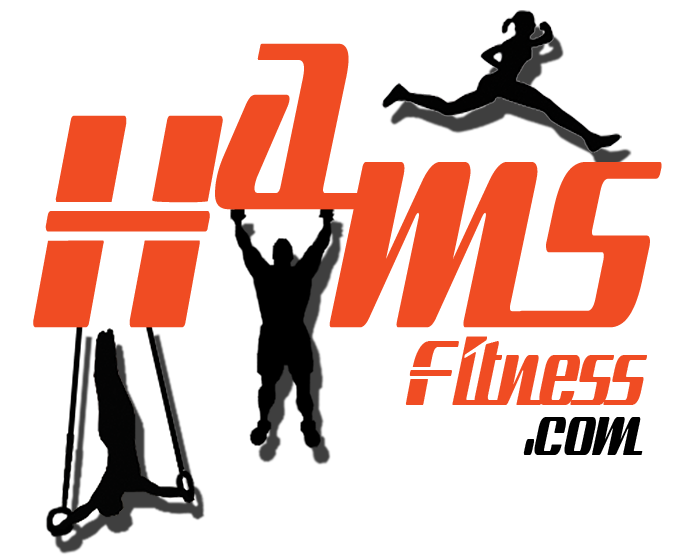What Is Physical Strength?
Physical strength is our ability to physically overcome a force. Most people will associate Olympic weight lifting with great strength more than they would a gymnast but there are different kinds of strength and the different skills associated with using that strength.
Strength can be displayed in different ways;
Some sports require it to be displayed in a single attempt (such as weightlifting) where as other sports require it be displayed in a series of athletic movements over a longer period of time (such as the gymnast).
The terms are argued but range from absolute strength to strength endurance with many other terms in between.
One person may have amazing short term strength that allows them immense displays of strength, power and speed albeit for a short period of time before they weaken and others can appear to work near their maximum for longer periods of time before fatiguing.
What makes one tire faster than another?
That is an interesting area that scientists are delving deeper and deeper into but we do know for sure that some people are born to run and others are born the sprint.
At birth we are dealt a hand of muscle fibres and a nervous system that controls them.
Some people have a large number of muscle fibres that can contract with huge forces for short periods of time and others have quite the opposite which is why some people are naturally very strong and others are naturally very enduring (think tightly muscled versus wiry).

The powerful muscle fibres tend to be larger, hold more fuel and contract harder and faster which burns through fuel a rapid rate.
The enduring fibres are smaller, store less fuel, contract slower and with less force which allows them to do so for longer.
Strength Is a Skill
How you are able to use your strength is down to how you have trained to use it.
If you practice lifting heavy objects for short periods of time then that’s what you’ll be good at and if you practice lifting them for longer periods than that’s what you’ll be better at. Obvious when you put it like that.
Not only is it specific in terms of metabolism and energy use but also in movement patterns too.
People assume that because a person is strong at one thing they will automatically be strong at another that is similar but this doesn’t always play out so well.
For example; I am pretty strong with the deadlift which involves the legs and back muscles but change the movement to a squat which uses the same muscles in a different way and you’ll find out that I am actually as weak as a kitten. I practice the deadlift more than I do the squat therefore I am better at it (this is only part of the whole picture which we’ll get to later).
So strength is partly what you practice.
Strength Is Also About Proportions
Not only do you have to have the appropriate practice of a specific strength display but it pays to have the right body too.
A person with long arms will usually be poor at pushing movements like the bench press but better at pulling movements due to the angles the joints work at.
Take for example my deadlifiting strength compared to my squatting strength;
My lack of skill training on the squat cannot change that I have a really long torso which causes me to lean forward further in the squat and ruins my leverage.
The same leverage disadvantage paired with long arms allows me to be a stronger deadlifter due to not having to move the bar so far.
And Also About Size
it is no surprise that the heaviest weights lifted are done so by the biggest of us. The strength of a muscle is related to it’s size.
But bodybuilders are not as strong as power lifters or weightlifters is often used as an argument to this. Fair point if we hadn’t already covered the skill aspect of lifting.
Bodybuilders tend to not practice lifting such heavy weights so aren’t as skilled at it as those that do because getting big is not a function of how much weight you can lift for one repetition.
If you enlarge a muscle you have also enlarged it’s strength potential.
I say potential because simply getting bigger doesn’t not mean you have done so by lifting heavy weights;
A power lifter may back off lifting heavy weights for a period of time so they can dedicate time to getting larger. When they return to lifting heavier weights they may find their ability to lift heavy weights has been reduced but that is merely a case of specificity. Once they return to the practice of heavy weights they will soon surpass their previous strength levels with their new found size.
Summary
- Strength is specific to movements practised and rep ranges
- Some people are born to be stronger than others
- Strength is ultimately dictated by size
- and levers
